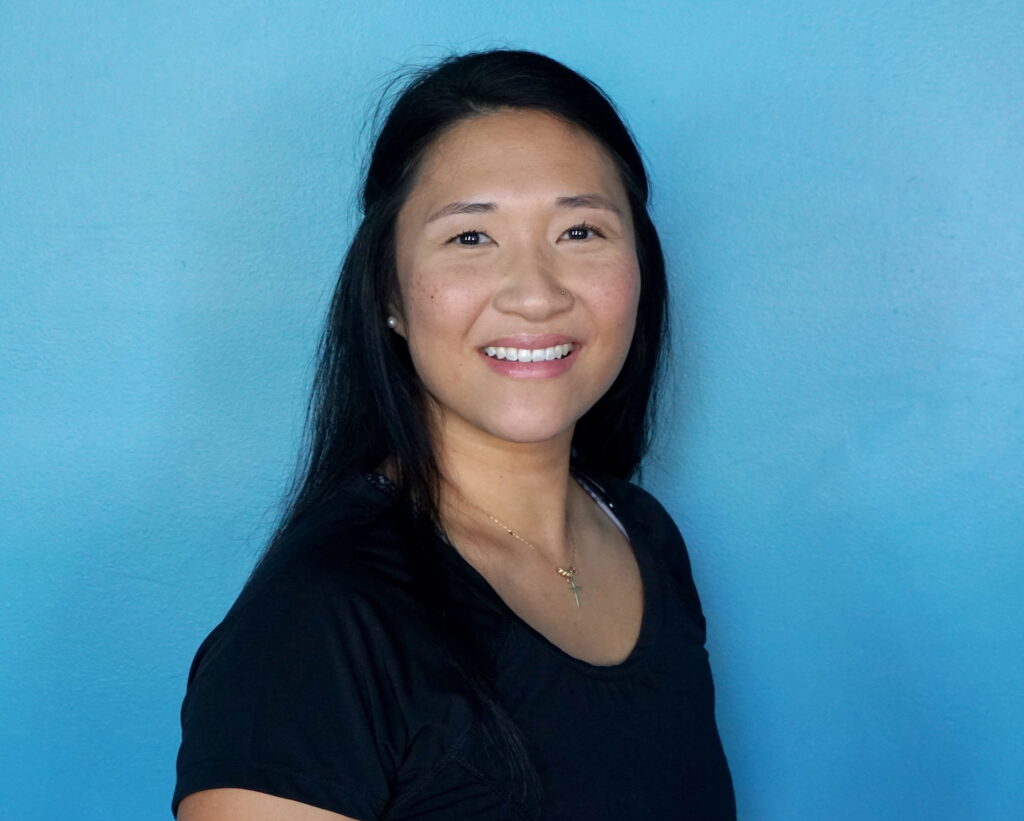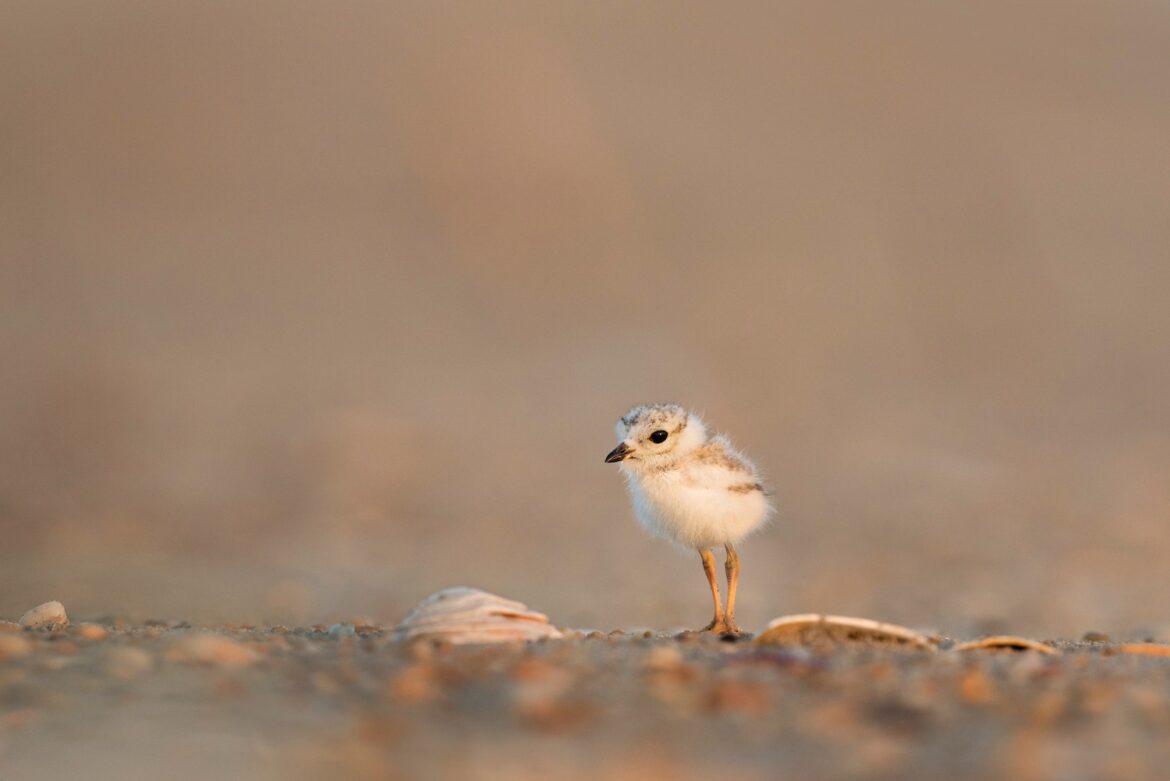By Rebecca Cheek
I saw a baby bird on my walk recently: long legs, tiny body, fluffy feathers, and barely moving. It had fallen from its nest on the sidewalk, frantically chirping for its mother. I watched it for some time. As I bent down to pick it up and put it to safety, it hopped closer to the tree’s edge, hiding in the monkey grass. The mother bird finally chirped back, calling out to her baby. I left it alone since she knew where it was, safe in the monkey grass, camouflaged from predators.
My oldest child, Noah, just started sixth grade, which is middle school where we live. At the prospect of this occasion, I have had myriad of emotions since the beginning of this year. I could not name what it was, but now I know: it is fear. I am scared for Noah, much like the mama bird who was chirping for her baby, hoping it was close by and away from danger. Noah’s strong, extroverted personality will not allow him to stay hidden.
Middle school scarred me, as it does with most. The taunts and ridicule for being an adopted Korean made my middle school experience hell with no fire. I stuck out in my mostly White middle school in Alabama with no chance to blend in, although that is what I desperately wanted.
Noah and I approach life in the same way. However, whereas I was completely unprepared for middle school, Noah was ready for sixth grade and has been for the past couple of years. Even through the COVID-19 pandemic school years, he showed signs that he was prepared academically and mentally for whatever challenges middle school would bring. For instance, Noah reads on a Lexile Level for college and career readiness and is also learning Spanish and Korean. In 1996, I was not ready for middle school, and I am the one who is not
ready now.
With many of my parental moments, there is a mix of joy and sorrow. Joy because Noah has made it to 11 in one piece, and sorrow because my circle of influence is much smaller than it used to be. I am losing him bit by bit with each passing day as he forms his own sense of self and the person he is growing to be.
Parenting in general is a challenging adventure. Parenting as an adoptee brings another layer of complexity that I did not foresee as a newlywed dreaming of the prospect of motherhood. I did not realize that many of the struggles I faced as a child, such as identity and belonging, would be issues my own children would face too but in different ways.
I am not one of those mothers who cries with each achievement: cutting teeth, crawling, toddling, walking, talking, potty training, starting preschool or elementary school. I was happy to put each of these occasions behind me because I knew once achieved, something new would take its place. But Noah starting middle school has made me cry multiple times, which has surprised me.
Sadly, I do not have a mother, birth or adoptive, to call and ask, Is this reaction normal? To feel this scared? To feel this ill equipped? Melancholy mixed with a side of bittersweet makes me wonder if my birth mother ever longed to see what I have accomplished. Or does she view me as a forever baby trapped in 1985? Was there a “before” time, before I was a problem or a burden, and an “after” time when I was no longer there that chronicles her life and keeps her trapped too?
The adoptive mother who chose me did not pattern healthy love, so I am doing my damnedest to break that cycle of hurt, hopelessness, and pain. It is a choice I can make to protect myself and my children. I am grieving one mother who, for whatever reason, could not keep me and another one who “loved” me to the point that she suffocated me with control and manipulation. This complicated adoptee grief, starting from my relinquishment at birth and enduring to today when I am an adult in my late 30s, has been hard coded into who I am. Grief flows into my body like blood, vitally important to live but messy when it gushes out.
Like all child-rearing milestones, the start of middle school has come, and another will soon take its place. I will figure it out like I normally do and handle my fear with deep breaths and long sighs. I will tell Noah, “I’m new to being a parent to a middle schooler like you’re new to being a sixth grader. But I’m here for you, I love you, and I’m already so beeping proud of you. Not because of your academic achievements or cunning wit, but because you are you.” That is what I would have wanted to hear when I was in middle school.
Later I walked by the same tree where I found the baby bird. I looked in the monkey grass, but it was not there. I hope it is safe with its mama, up high in the tree, where it will grow and fly away as it was meant to.

Rebecca Cheek (she/her/hers) is a transracial International Korean American adoptee living in South Carolina. She has a bachelor of science degree in chemistry from the University of Alabama in Huntsville with a background in manufacturing of drug delivery systems and quality assurance management in chemical manufacturing. However, she’s taking a pause in her professional career to raise her children and try to figure out what she wants to do when she (really) grows up. In the meantime, she’s actively volunteering through multiple organizations. She’s a peace seeker, who strives to live her life yogically.

